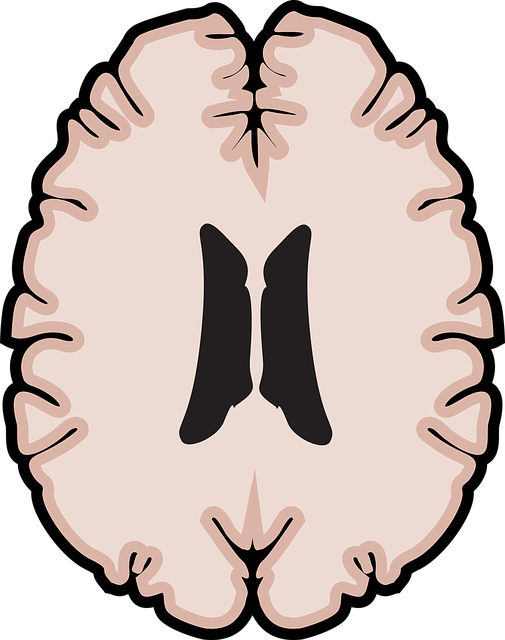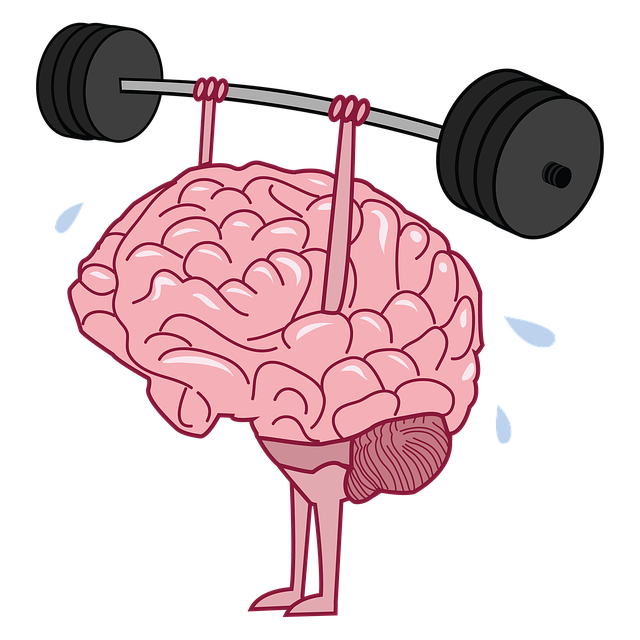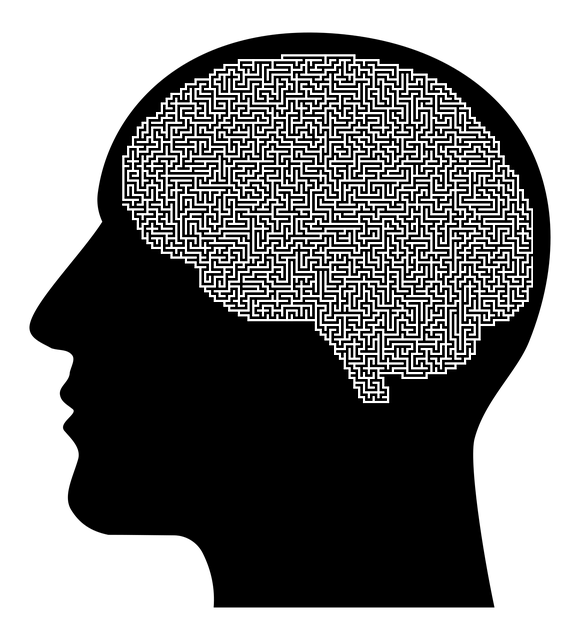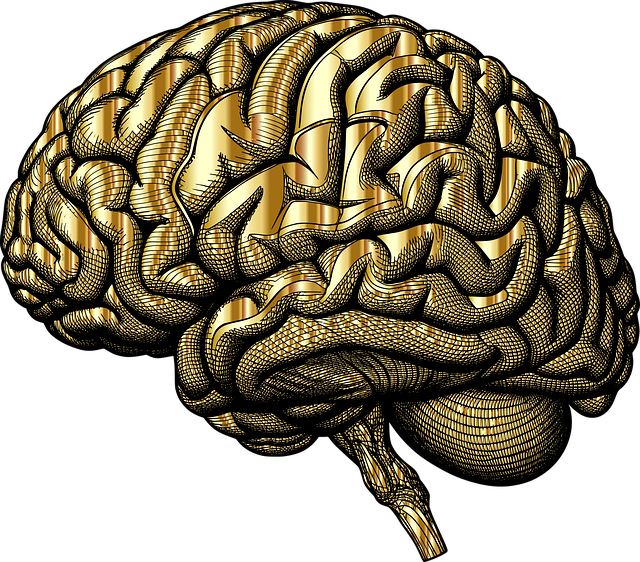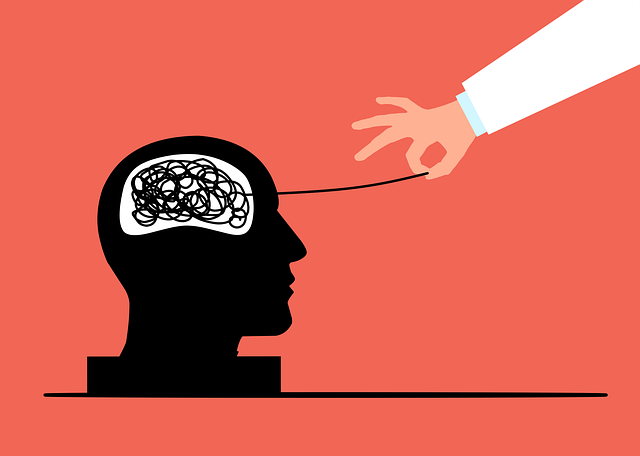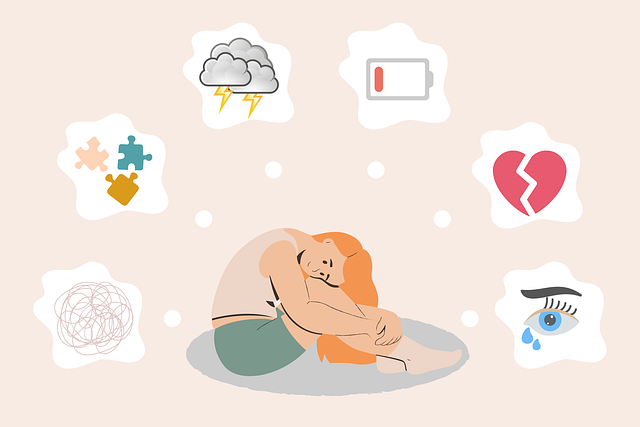In today's fast-paced world, understanding anxiety among young adults, especially in transgender and non-binary communities, is vital. Therapy for Young Adults with gender-affirming care has emerged as a powerful tool. Specialized therapists create safe spaces using techniques like cognitive-behavioral therapy (CBT) and mindfulness meditation to challenge negative thought patterns, promote calmness, and reduce stress responses. This holistic approach caters to diverse needs, fostering acceptance, empowerment, and effective anxiety management, helping young adults navigate life's challenges with confidence and resilience.
Anxiety among young adults is a prevalent concern, but understanding and managing it effectively can greatly improve quality of life. This article explores various techniques for anxiety management, focusing on Cognitive Behavioral Therapy (CBT) as a powerful tool, especially relevant for young adults. We delve into the role of gender-affirming care, highlighting its significance in addressing unique challenges faced by this demographic. By combining evidence-based therapy with coping strategies, individuals can navigate and overcome anxiety.
- Understanding Anxiety in Young Adults: The Role of Gender-Affirming Care
- Cognitive Behavioral Therapy (CBT): A Powerful Tool for Managing Anxiety
- Additional Techniques and Strategies for Daily Coping with Anxiety
Understanding Anxiety in Young Adults: The Role of Gender-Affirming Care

Understanding anxiety among young adults is crucial, especially when considering the unique challenges they face in today’s fast-paced world. Gender-affirming care has emerged as a significant aspect of addressing this issue. For many young adults, particularly those within the transgender and non-binary communities, accessing gender-affirming therapy can be transformative. This specialized care recognizes that gender identity is an integral part of overall well-being and mental health.
In the context of anxiety management, gender-affirming therapists provide a safe space for individuals to explore and express their identities without judgment. Through techniques such as cognitive-behavioral therapy (CBT) and mindfulness meditation, public awareness campaigns have helped destigmatize emotional regulation discussions. CBT assists young adults in identifying and changing negative thought patterns related to anxiety, while mindfulness meditation promotes present-moment awareness, helping to calm the mind and reduce stress responses. These approaches cater specifically to the needs of young adults, fostering a sense of acceptance and empowerment, which is vital for effective anxiety management.
Cognitive Behavioral Therapy (CBT): A Powerful Tool for Managing Anxiety

Cognitive Behavioral Therapy (CBT) has emerged as a powerful tool in managing anxiety, especially among young adults. This form of therapy is highly effective in challenging and changing unhelpful thought patterns and behaviors that contribute to anxiety disorders. By focusing on the connection between thoughts, feelings, and actions, CBT empowers individuals to take control of their mental health. It provides practical strategies to cope with anxious thoughts and triggers, enabling young adults to navigate life’s challenges with greater confidence and resilience.
In the context of gender-affirming care, CBT can be tailored to address specific concerns related to mental illness stigma reduction efforts and mental health education programs design. This personalized approach ensures that individuals from diverse backgrounds feel supported and understood. Moreover, compassion cultivation practices within CBT can foster a sense of self-compassion, helping young adults manage anxiety symptoms effectively while reducing the impact of societal pressures.
Additional Techniques and Strategies for Daily Coping with Anxiety

For young adults navigating anxiety, there’s a world of additional techniques and strategies to complement traditional therapy. Gender-affirming care has emerged as a powerful tool, offering a safe and supportive environment tailored to an individual’s unique needs and experiences. Beyond therapy sessions, integrating stress reduction methods into daily routines can significantly impact overall well-being. Techniques like mindfulness meditation, deep breathing exercises, and progressive muscle relaxation help to calm the mind and body, providing effective coping mechanisms for anxiety management.
Mental health education programs design plays a crucial role in empowering young adults to understand and manage their anxiety. Through workshops, online resources, and peer support groups, individuals can learn about the neurobiology of anxiety and acquire practical tools for stress management. By combining these approaches—gender-affirming care, stress reduction methods, and mental health education—young adults can effectively navigate their anxiety, fostering resilience and a deeper sense of self in the process.
In conclusion, managing anxiety among young adults requires a multifaceted approach. From understanding the unique role of gender-affirming care to leveraging evidence-based methods like Cognitive Behavioral Therapy (CBT), there are numerous effective strategies available. By combining these techniques with daily coping strategies, young adults can navigate and overcome anxiety, fostering a healthier and more fulfilling life. For those seeking therapy for young adults, gender-affirming care is a significant aspect that contributes to holistic well-being.
